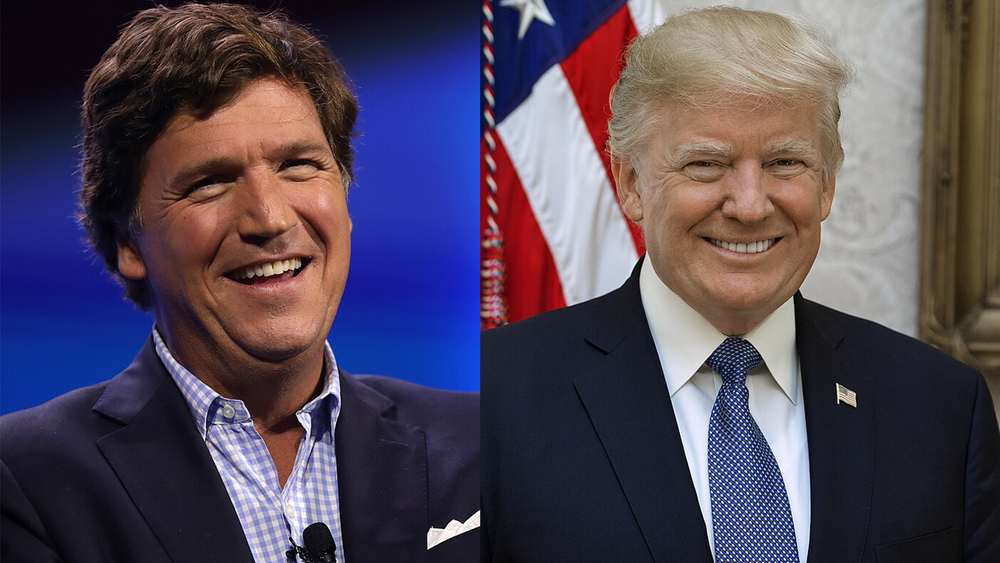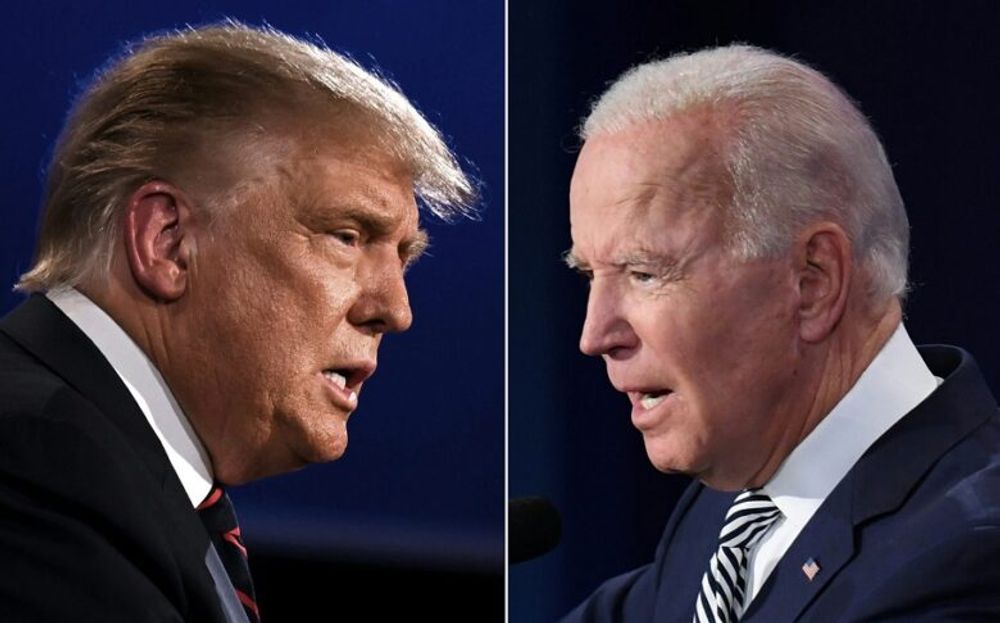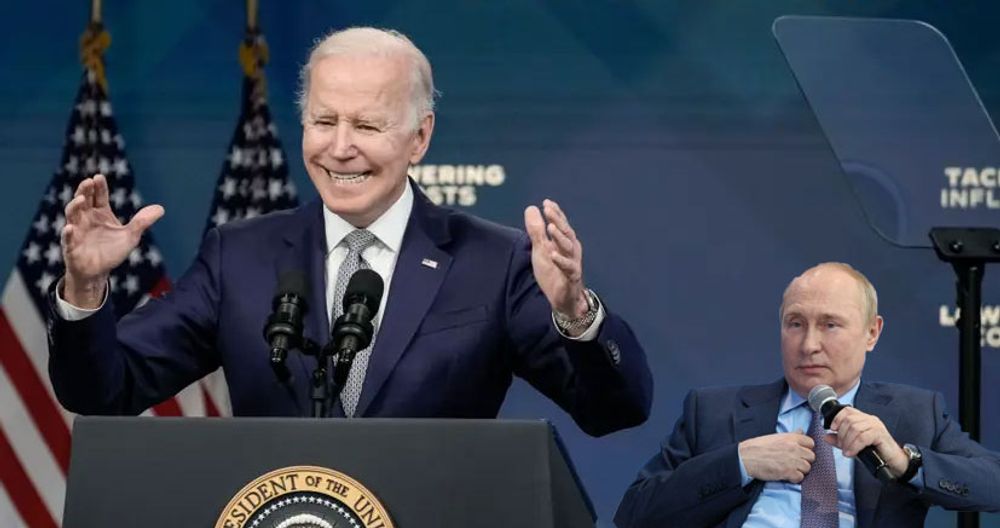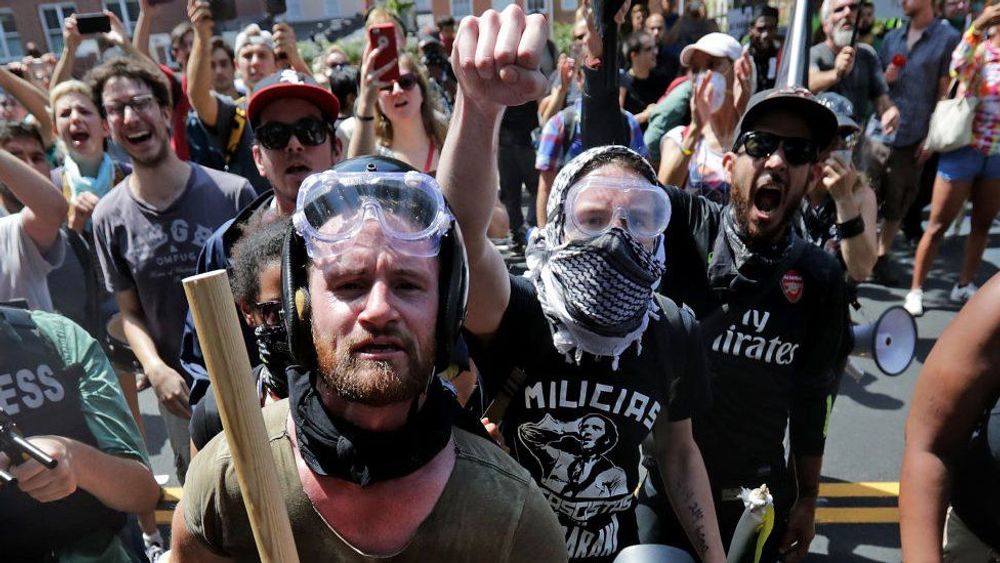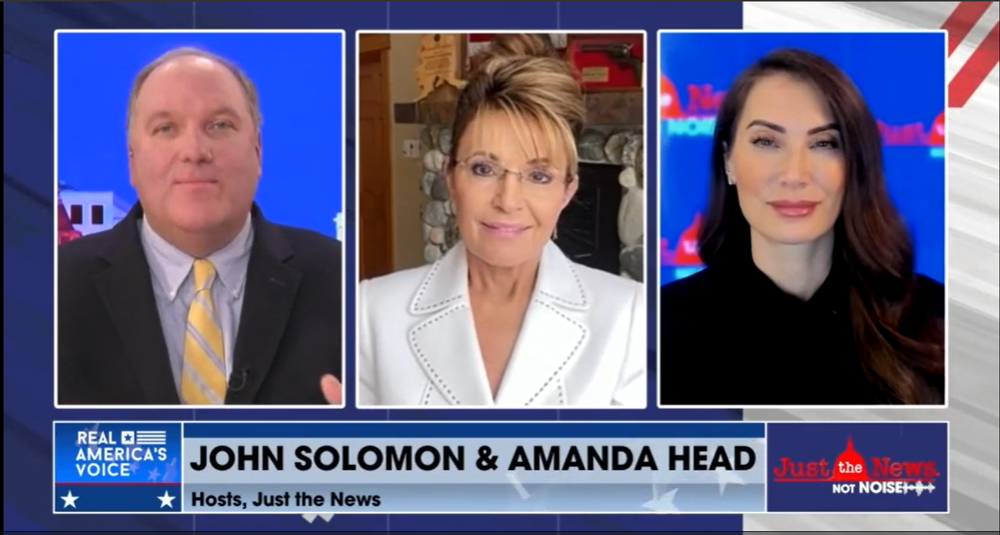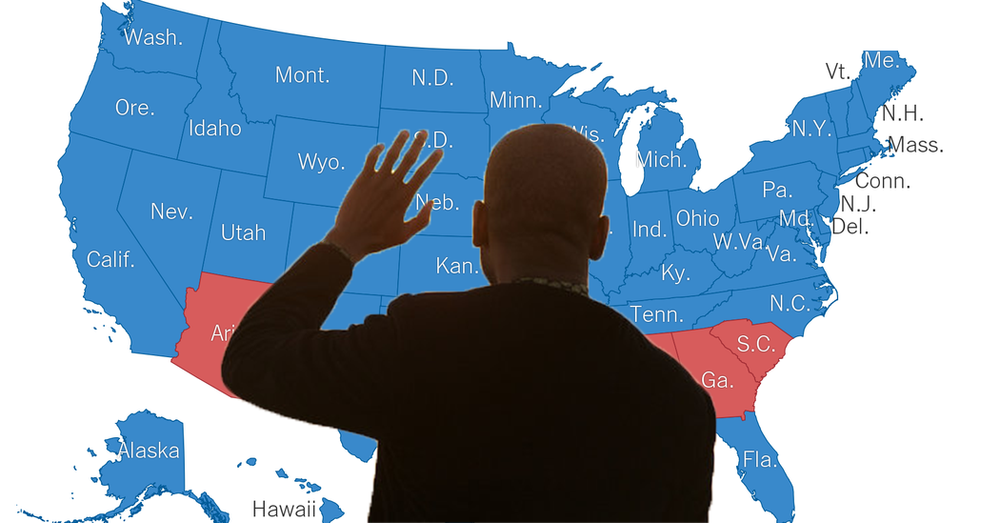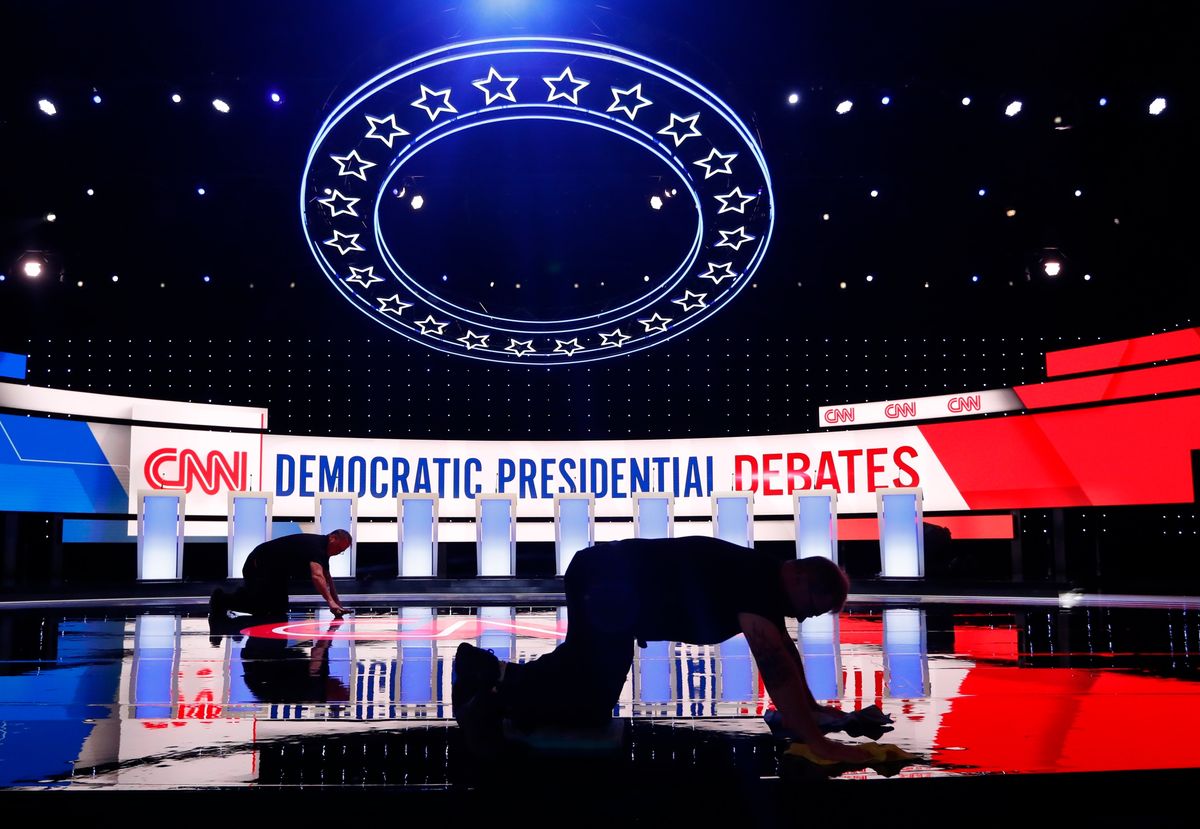
Democratic Presidential Hopefuls Prepare for 2nd Debate
Former U.S. Vice President Joe Biden will be center stage as U.S. Democratic presidential candidates take part in a debate for a second consecutive night to make the case they are the party's best hope to defeat U.S. President Donald Trump when he seeks re-election in 2020.
Biden is currently the front-runner for the Democratic presidential nomination in national surveys.
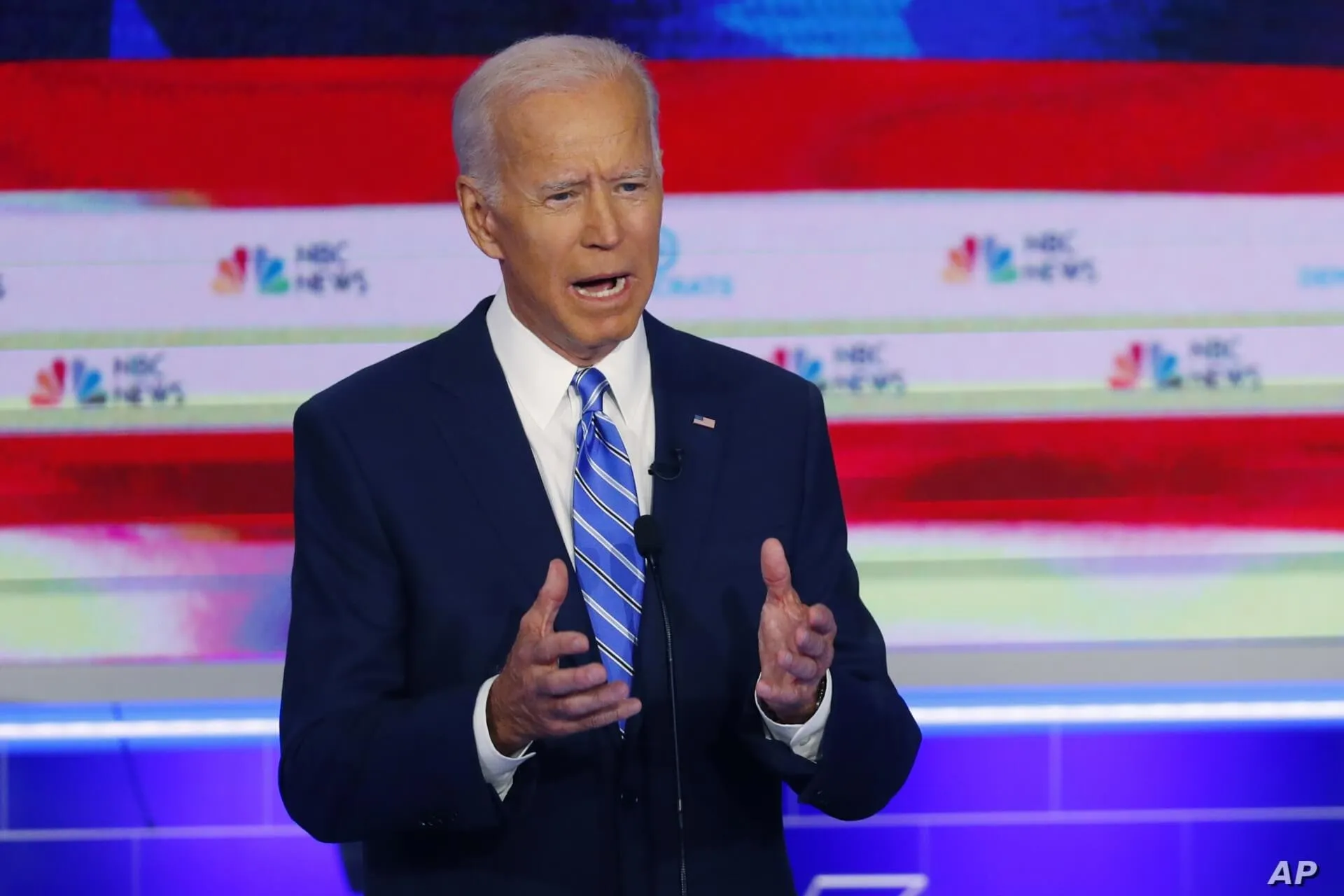
He had a shaky first debate performance a month ago, faltering as California Senator Kamala Harris challenged him to explain his opposition three decades ago to forced busing of schoolchildren to racially desegregate public schools. Harris said that she, as a black woman and the daughter of an Indian mother and Jamaican father, benefited from such a busing program to attend a better school while growing up in California.
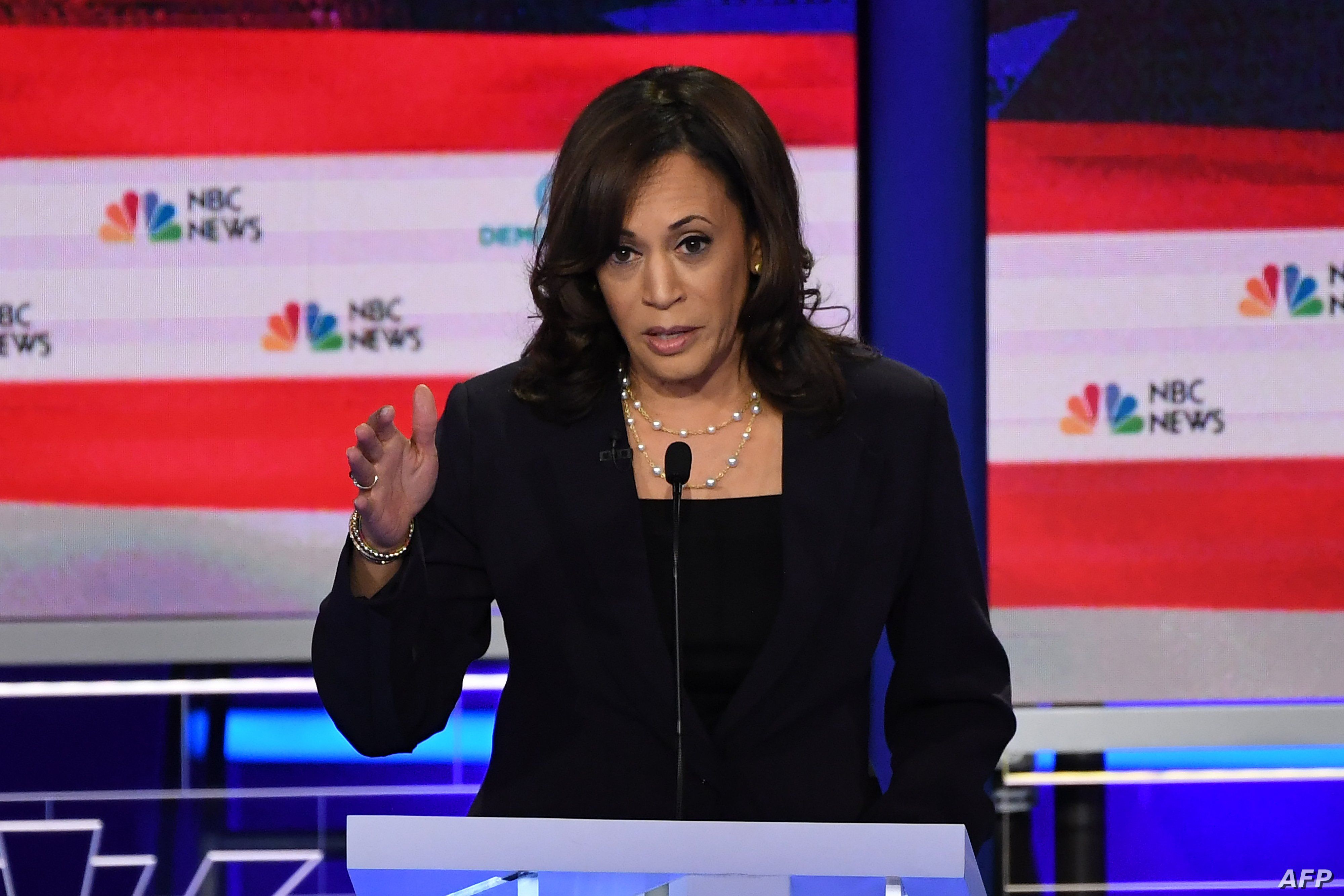
Biden, a fixture on the U.S. political scene for four decades, and Harris, a former state attorney general before winning election to the Senate, will be standing alongside each other on the debate stage. Biden is promising a more robust performance than in the first debate, saying, "I'm not going to be as polite this time."
But questions remain about Biden's standing, whether at 76 he is too old to lead the country, even though Trump is 73, and whether Democratic voters want a candidate with more progressive views than Biden on health care, crime prevention, immigration at the U.S.-Mexican border and other issues.
Tough-on-crime legislation
On the same stage Wednesday, Biden is also likely to face a challenge from Sen. Cory Booker, an African American former mayor of Newark, New Jersey.
Booker has assailed Biden's support 25 years ago for get-tough-on-crime legislation that led to the disproportionate imprisonment of black defendants.
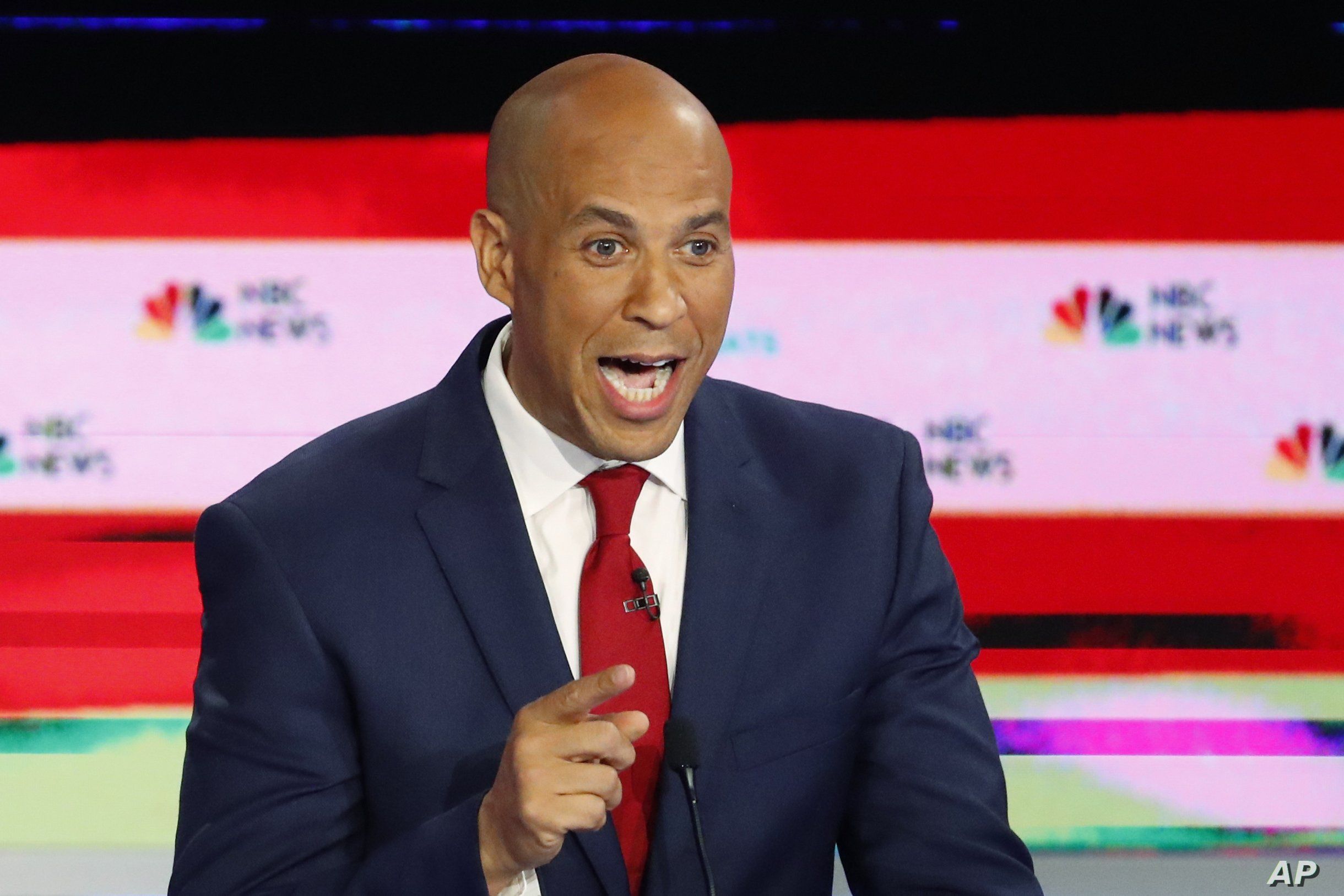
Biden recently offered a new criminal justice plan, reversing key provisions of the 1994 measure, such as ending the stricter sentencing for crack cocaine versus powder cocaine.
Aside from Biden, Harris and Booker, the Wednesday debate stage also includes former Housing and Urban Development Secretary Julian Castro, Sen. Kirsten Gillibrand of New York, Congresswoman Tulsi Gabbard of Hawaii, Washington Gov. Jay Inslee, Colorado Sen. Michael Bennet, entrepreneur Andrew Yang and New York Mayor Bill de Blasio.
Five other Democratic candidates did not qualify for the Detroit debates, but the 20 who did had to have collected campaign donations from at least 65,000 individuals and hit a 1% threshold in at least three separate polls.
First night
U.S. health care was the primary topic during Tuesday night's debate, with more moderate challengers attacking Senators Elizabeth Warren and Bernie Sanders, the leading progressives looking to oust Trump.
Warren and Sanders have both called for a sweeping end to the country's current health care system centered on private company insurance plans offered to 150 million workers through their employers. But their views were under attack almost from the start of the debate on a theater stage in Detroit, Michigan, the country's auto industry hub.
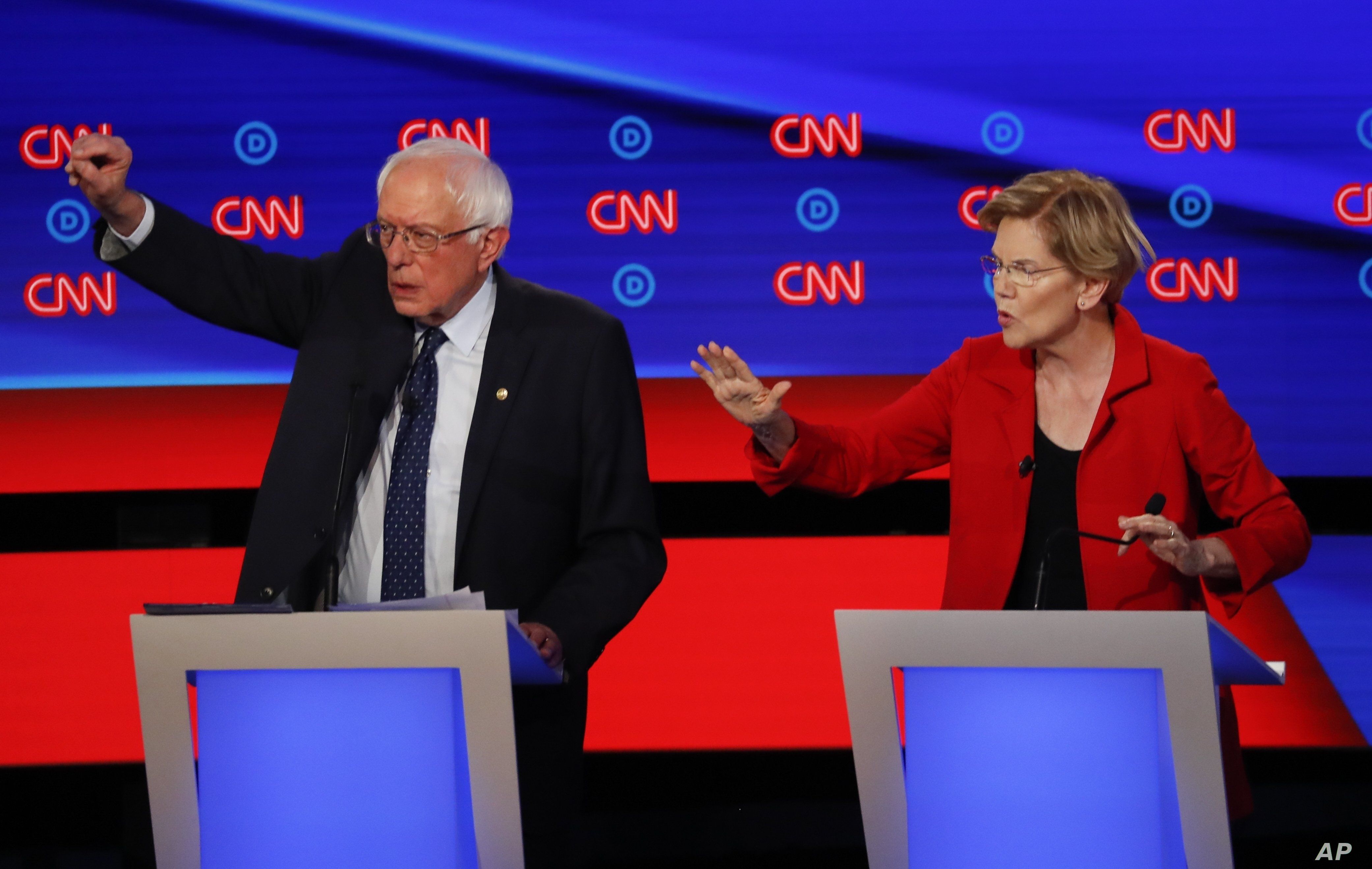
"We don't have to go around and be the party of subtraction and telling half the country who has private health insurance that their health insurance is illegal," former Maryland Congressman John Delaney said. "It's also bad policy. It'll under-fund the industry, many hospitals will close, and it's bad politics."
Warren, a former Harvard law professor, and Sanders, a self-described democratic socialist, are friends of long-standing and often political allies. They now are both looking for votes from the liberal wing of the Democratic Party. Both defended their position calling for a government-run health care system.
But their challengers lobbed multiple attacks at the pair, saying their proposals would, over four years or longer, upend the long-standing U.S. health care system, including government-subsidized insurance for moderate and low-income families under the Affordable Care Act, popularly known as Obamacare.
Also taking part Tuesday were Senator Amy Klobuchar of Minnesota, former Congressman Beto O'Rourke of Texas, Ohio Congressman Tim Ryan, former Colorado Governor John Hickenlooper, former Maryland Congressman John Delaney, Montana Governor Steve Bullock, self-help guru Marianne Williamson and South Bend, Indiana Mayor Pete Buttigieg
It gets tougher to appear on the stage at the third debate six weeks from now. To qualify then, candidates must have 130,000 campaign contributors and at least 2 percent support in four polls.
Seven of this week's 20 debaters have already met the third debate criteria: Biden, Harris, Sanders, Warren, Buttigieg, Booker and O'Rourke.
 Left-wing Lunacy for July 2019Next PostUS Democratic Candidates Spar, Show How They Aren’t Trump
Left-wing Lunacy for July 2019Next PostUS Democratic Candidates Spar, Show How They Aren’t Trump
